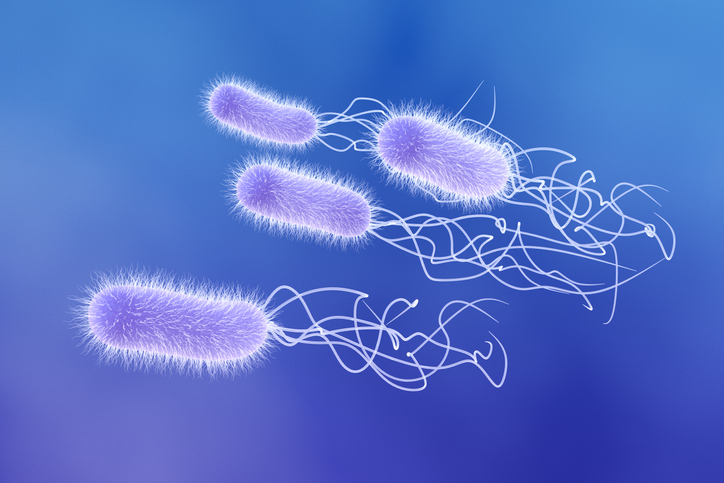
Plastic-degrading bacteria could be source of persistent infection in medical settings

A bacterial strain could be capable of degrading a common medical plastic.
In a study published in Cell Reports, researchers examined the clinical strain of Pseudomonas aeruginosa known as PA-W23.
The researchers found that the bacteria were capable of breaking down polycaprolactone — a polymer used in sutures, wound dressings and implants — to produce stronger biofilms using a plastic-degrading enzyme. They stressed that these bacteria may exploit the polymer as a food source in nutrient-limited settings. In vitro testing demonstrated that the bacteria broke down nearly 80% of polycaprolactone within a seven-day period and that exposure to the polymer boosted its biofilm-forming capacity, which is a known measure of antibiotic resistance and infection persistence.
The findings suggested that screening for plastic-degrading capacity may help improve the durability of medical devices and manage the risk of infection.
Read more: Cell Reports
The article presented here is intended to inform you about the broader media perspective on dentistry, regardless of its alignment with the ADA's stance. It is important to note that publication of an article does not imply the ADA's endorsement, agreement, or promotion of its content.